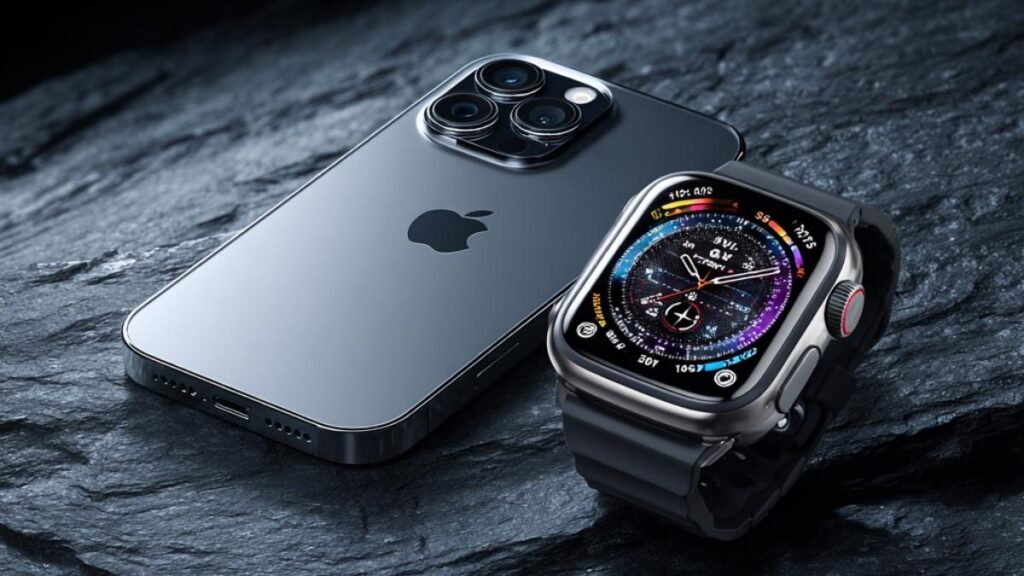This week T-Mobile and Qualcomm updated us on the rollout of their Gigabit LTE technology. On stage, they showcased smartphone data speeds that rival what many of us currently have at home with our wired connections. This is interesting for several reasons – one, it again showcases that T-Mobile is quickly becoming the company to beat in the US with regard to both deployed technology and aggressive pricing, and two, Apple wasn’t part of this roll out suggesting their war with Qualcomm is starting to drop them behind firms like Samsung and Google (Android) which was showcased as part of this roll out.
Let’s talk about this announcement.
Gigabit LTE Isn’t 5G Yet
While Gigabit LTE, which is what was made available, is a foundational element for 5G, it isn’t true 5G yet. However, it provides many interim benefits. These benefits include faster connections in congested areas (comparisons are to LTE Advanced, the common high speed technology in use today in the US), far faster speeds for connected apps (estimated increase in data speed of around 2.5X) critical things like high resolution streamed video and especially cell phone VR when you have a strong signal, far better video when you have a weak signal, 27 percent improvement in file download speeds, and—given a Gigabit LTE device uses less resources—the result is less resource congestion.
T-Mobile indicated they have rolled this out in around 920 markets already, so they are massively ready for the influx of phones that support this technology. This suggests that T-Mobile users who initially move to this technology should see a massive jump in performance that is potentially even higher than they get over their wired networks at home.
With this technology, you can download movies and pictures in a fraction of the time that LTE Advanced users need. Streamed high definition movies and particularly VR is noticeably better, and network congestion is vastly improved.
T-Mobile vs. AT&T and Verizon
One of the interesting things about this announcement is that it drives home an interesting point. That point is that Verizon has been spending a ton of money on content—most recently buying Yahoo, which, coincidently, was the firm that destroyed Microsoft’s valuation when Microsoft tried to buy it years earlier. AT&T is going to war with the US Government to buy content in the form of Time Warner, which, coincidently, was the firm that wiped-out AOL (which Verizon also owns) and eventually had to separate from AOL to keep from killing it entirely. T-Mobile, in contrast, is investing heavily in their network to improve user experience and create efficiencies that would allow them to lower prices focusing more on the industry they know. Both the AT&T and Verizon efforts appear to be focused on coming up with ways to increase charges to users, while T-Mobile is clearly investing in going the other way. Typically, firms that stay focused on their core markets and focus on reducing costs do better than firms that move into markets like entertainment they don’t know and focus more on raising prices than lowering costs. This further supports the argument that T-Mobile is the firm to watch for the rest of the decade.
New Antennagate For Apple?
On stage, they showcased top phones from Samsung, LG, and Moto which support this new technology, but the implication is that the iPhone X and 8 wouldn’t. This suggests that the new iPhone 8 and X will underperform their top end peers from Samsung, LG, and Moto significantly, particularly at the network edge. One of Apple’s most visible scandals was called “antennagate” and it referred to a design mistake that made the iPhone significantly underperform its peers. Apple may be running an increasing risk of having this problem again because they seem to be lagging badly on modem technology and given they are arguably the most expensive smartphone company, having the slowest and most expensive phone in its class isn’t exactly a great plan for continued success.
Wrapping Up
Gigabit LTE is just starting to roll out this year at the high end from almost every major vendor but Apple. Next year it will go more mainstream as the market begins to get ready for the 5G technology due around 2020. They had me at being able to download one or more movies while you are waiting for the stewardess to tell you to put your phones in airplane mode. What is also interesting is that Gigabit LTE lowers network loading overall so even people that aren’t using it will see a benefit as others move to it. I do worry about Apple, though, as the market moves to these faster speeds the iPhones are going to increasingly stand out as underperforming and paying Porsche prices for a VW will likely get old for a lot of folks that have been buying Apple. I just don’t think that’ll end well.
- Lenovo’s Secret Weapon: Solving AI’s Failure-to-Launch Crisis - November 3, 2025
- Guarding the Digital God: The Race to Secure Artificial Intelligence - October 27, 2025
- Is Windows the New Internet Explorer? How Microsoft Is Slowly Killing Its Most Iconic Product - October 17, 2025




Comments are closed.